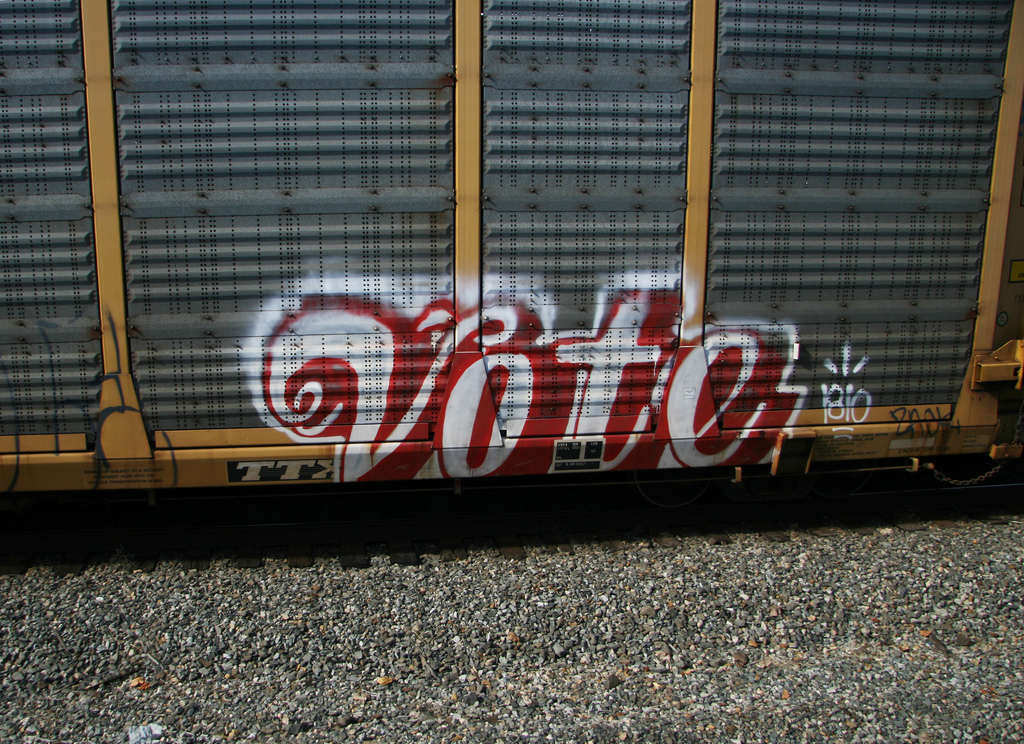
Why young people should vote
Student government leaders at Mercer University in Macon are working in partnership with College Hill Macon and TurboVote to engage students in elections. In April, they invited Sam Novey, National Student Vote Challenge founder to give the keynote address at their annual Civic Engagement Symposium. His remarks, edited below for brevity, explore some of the themes highlighted in a recent Knight Foundation report, “Why Millennials Don’t Vote for Mayor: Barriers and Motivators for Local Voting.” Photo (cc) by CarnageNYC on Flickr.com.
Have you ever skipped an election because you didn’t like any of the candidates?
Have you ever skipped a local election or a primary because it felt like it didn’t really matter that much?
Have you ever skipped an election because it didn’t seem particularly competitive?
Based on national turnout numbers, I’d conservatively say that at least 80 percent of people reading this story have missed at least one election of some kind in the last five years. By the end of this column, I hope you’ll be convinced of the importance of never missing another election again even if it was uncompetitive or didn’t feature good candidates or just didn’t seem that important at the time.
I first understood why voter participation is so important a few months back when I was talking strategy with a talented potential candidate for Baltimore city council.
“Do you have your list of targeted voters ready?” I asked.
“Oh yes!” he replied “all 2,000 of them. That’s how many votes we need to win.”
Even as a first time candidate, he understood the basic arithmetic of running for office. The district may include tens of thousands of people. But the only people he needs to speak with are the folks who regularly vote in primaries – just over 2,000 people.
Those people are not exactly a random sample of the neighborhood population, or representative of the makeup of the community. Nationwide, voters tend to be older, whiter, and wealthier than non-voters.
Out of curiosity I probed a bit about the voters he planned to chase over the next nine months. “How many of those voters were born after 1985?” I asked.
His response: “Almost none.”
I feel for him. He’s making a reasonable strategic decision based on the evidence available to him. But he was basically telling me that he didn’t plan on spending much time campaigning to people like me—20-somethings. I can’t blame any of my peers in Baltimore for having made the decision to miss past elections. But in aggregate those decisions mattered a lot. The results are ugly. The assumptions about who will vote meant that a candidate I support and care about was being pushed to run a less inclusive campaign. Even if he won, his coalition would presumably include relatively few people like me.
My friend was focused on how to become a compelling candidate who could inspire voters to come to the polls in one small section of one city. But his campaign strategy revealed something important about the political influence of all young voters in our community and across the country.
Politicians are not the only winners and losers on election night. There’s another quieter contest going on in every election. This contest is about the makeup of the ‘voter file’ – the publicly available list of every registered voter and his or her voting history. Who you vote for isn’t public, but whether you vote at all is public information. The public nature of the voter file means that the other winners and losers on election night are the voters themselves.
In the contest between the voters, every single person who votes wins the election. Every voter who stays home loses. The easiest way for politicians to figure out which voters they need to care about is to look at who voted in the last election. Politicians may indeed personally care about all their constituents. But they aren’t really accountable to the entire population. They’re accountable to the list of people who come out to vote. So the people who vote – especially those who vote in low turnout primaries and municipal elections – are the real winners on every election night.
Transforming who is on that list of regular voters is the quickest way to reform our democracy. That’s why it’s critically important that traditionally underrepresented constituencies like young people come out and vote. This is true even if EVERY candidate on the entire ballot turns out to be uninspiring or corrupt or otherwise unappealing.
We have the power to start paying more attention and participating more in elections. Only after we’ve increased participation can we expect that better candidates will want to run and the leaders we have elected will act more responsibly.
If we want to transform our politics, it’s us – the voters – who need to make the first move.
Recent Content
-
Community Impactarticle ·
-
Community Impactarticle ·
-
Community Impactarticle ·


